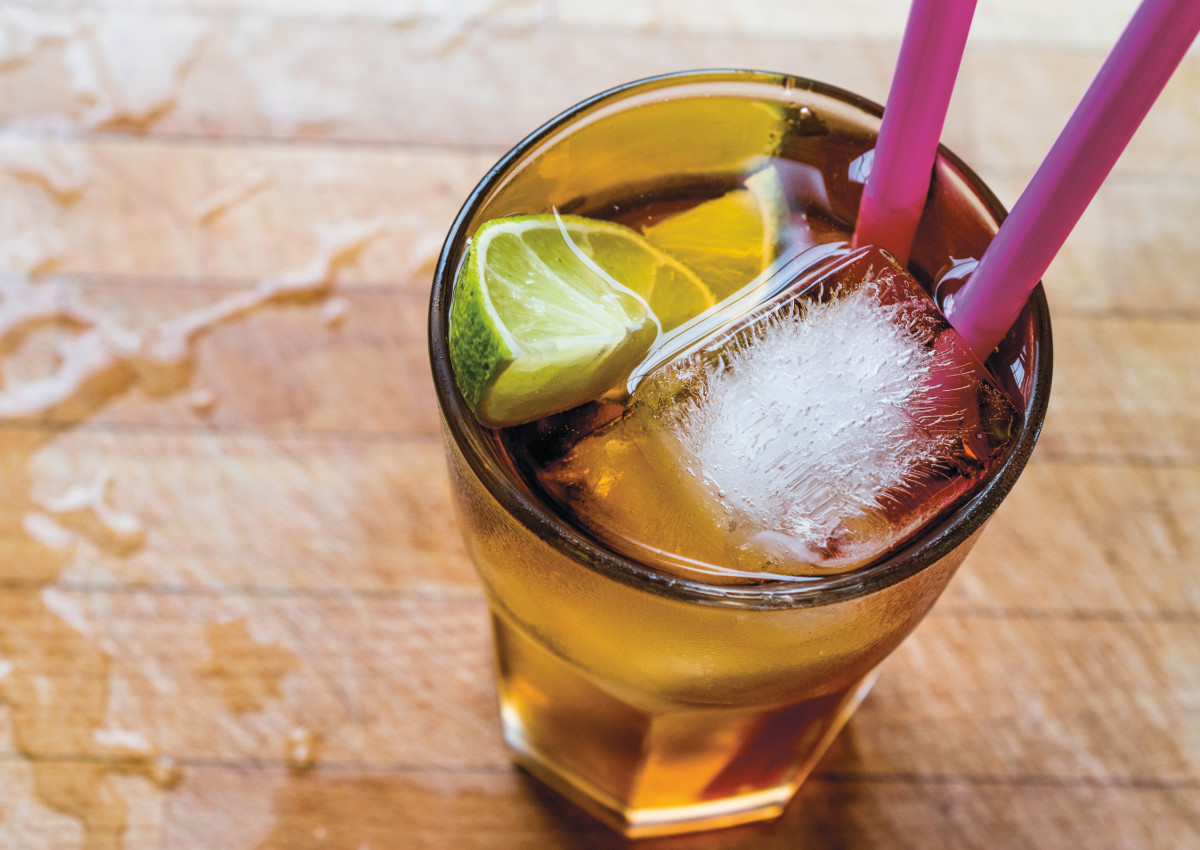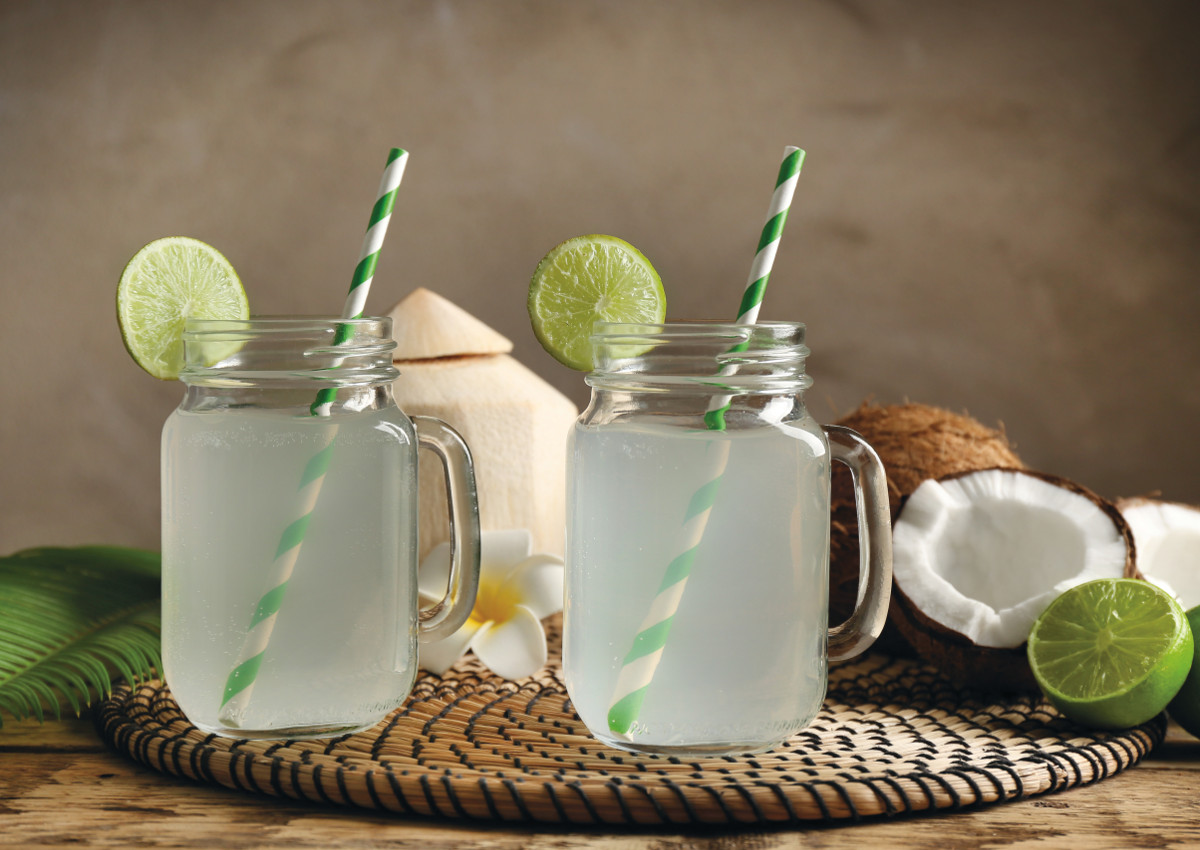
The global market for alternative waters is forecast to double to 5.4 billion dollars by 2020, driven by new organic, natural, and no-sugar flavors, according to a report by Zenith Global. Global sales of alternative waters increased 21% in 2016 to more than 2.7 billion dollars, according to the food and drink consultancy firm, as consumers seek healthier alternatives to sugar carbonated soft drinks. Zenith forecasts the global market for alternative waters will approach 1.9 billion liters by 2020, helped by premium, craft and not-from-concentrate plant waters.
Coconut water tops demand in America
Coconut and maple water are becoming increasingly popular especially in North and South America. Coconut water accounted for 96% of the alternative waters market volume and 86% of value in 2016, Zenith said. In contrast to other plant waters, which are mostly produced by smaller players, three major beverage leaders dominate the coconut water segment. Asia Pacific and South America are expected to be the fastest growth markets for coconut water. Both have high unpackaged coconut water consumption and thus particular scope for packaged coconut water, Portia Rifat, Zenith Senior Market Analyst, said in a statement. The much smaller maple water segment is projected to triple in size to 2020. North America offers the greatest potential for innovation in natural flavors and organic sourcing. The best prospects for birch water are in West Europe, she said.

Iced tea to continue to grow by 2020
The global ready-to-drink tea market has increased by over 40% in size between 2011 and 2016 and is set to expand by a further 21% by 2021 as producers introduce new flavors and healthier alternatives, Zenith Global said in a report on the iced tea market. New flavors, blends, low sugar content and packaging have been key drivers behind the expansion of this traditional drink whose consumption is particularly strong in North America and Europe. The two regions absorb 24% of global demand. Asian countries are leading in niche, digestive, healthy options. Consumers are drawn to alternative types of tea such as matcha, kombucha and yerba mate, as well as to organic and natural options. Reduced sugar content has boosted demand for iced tea as a healthier alternative to carbonated soft drinks.
